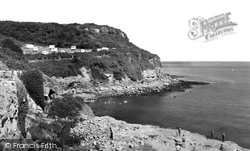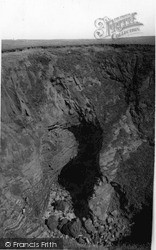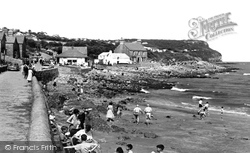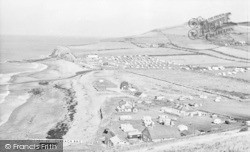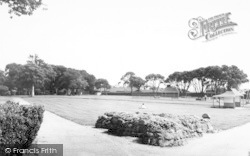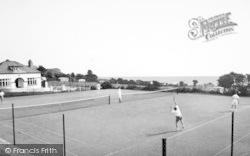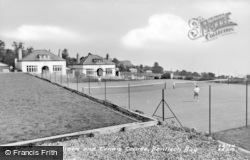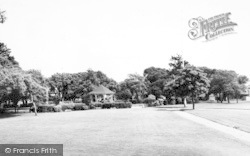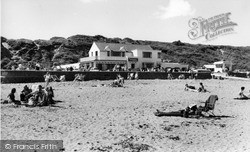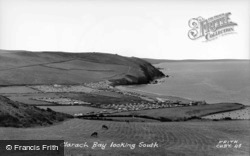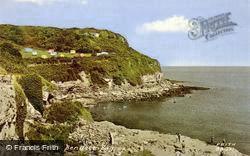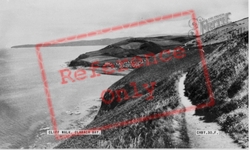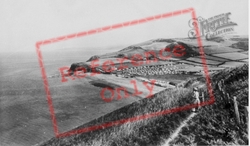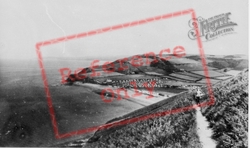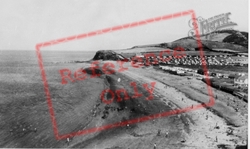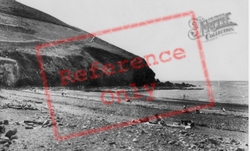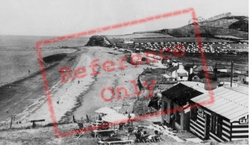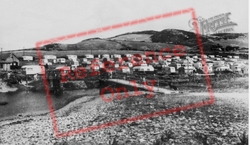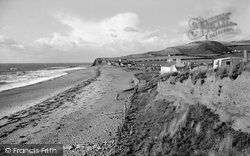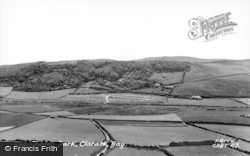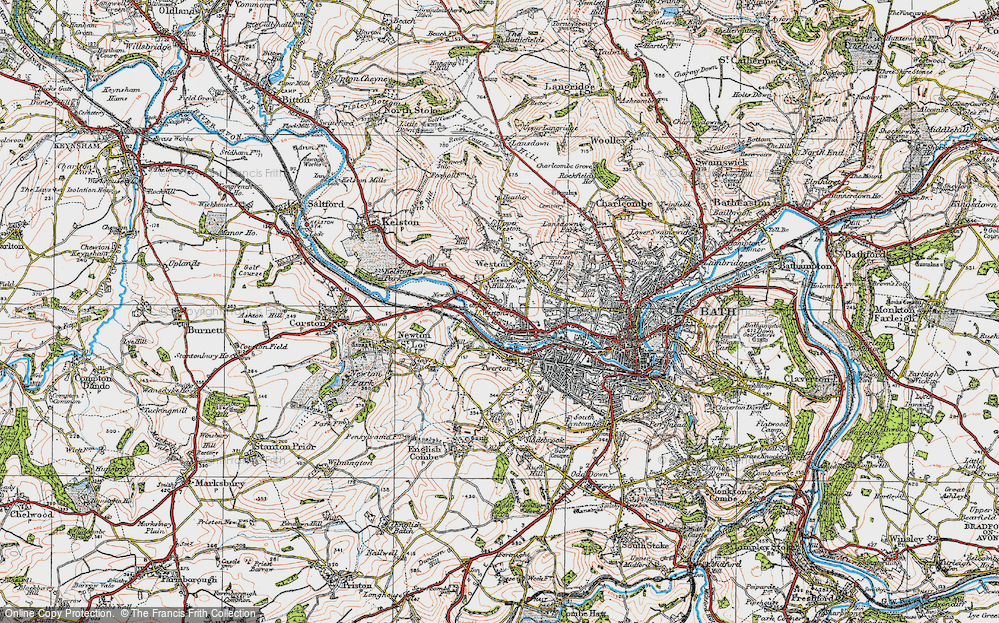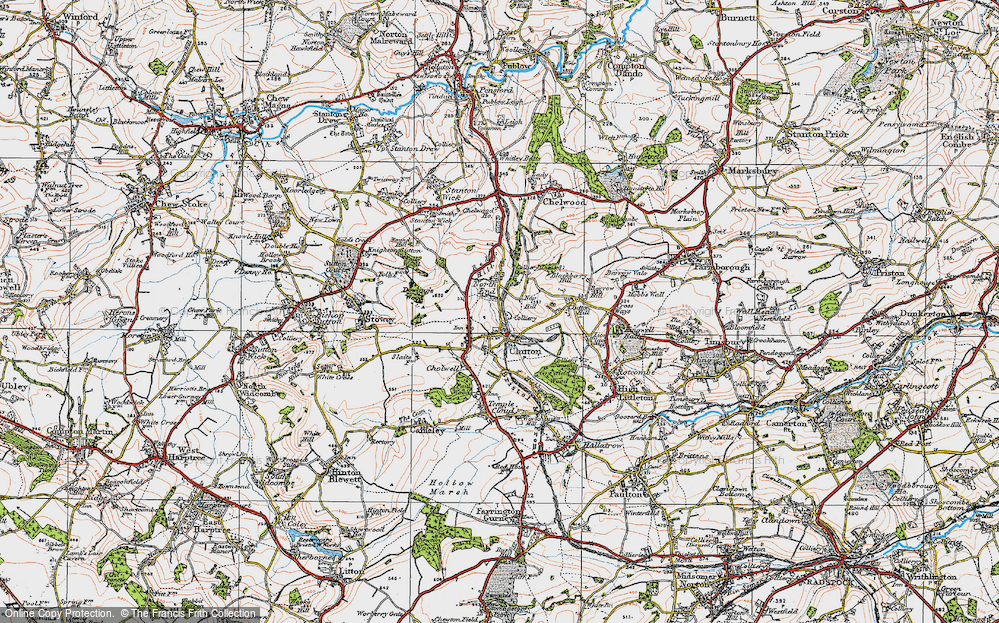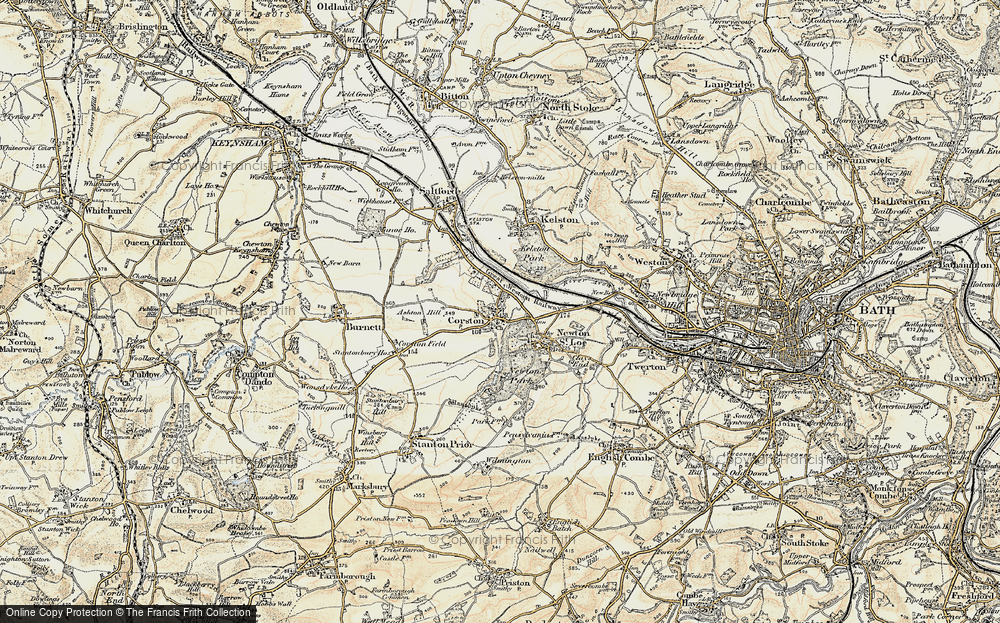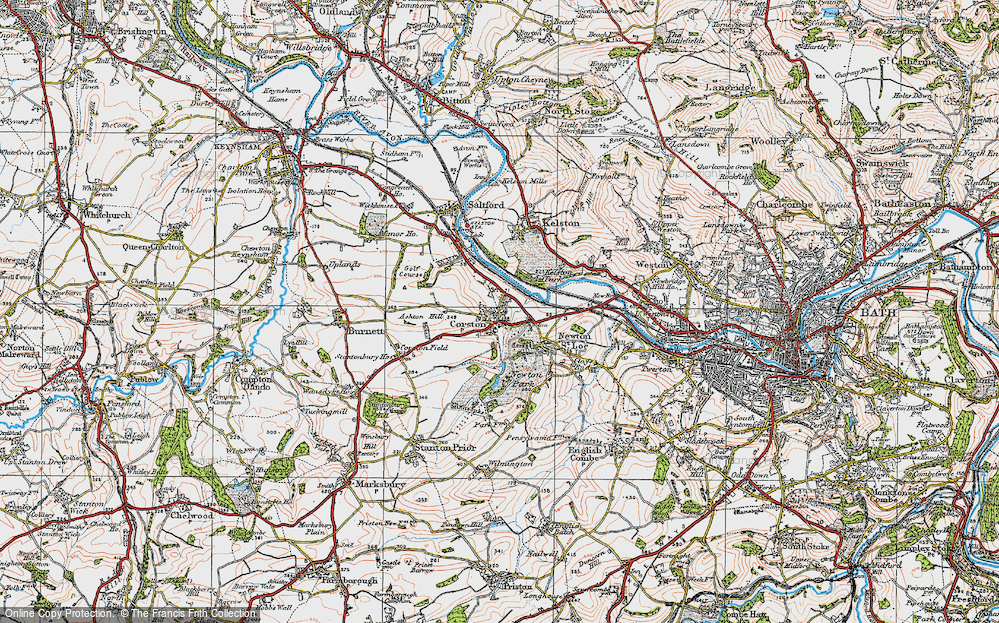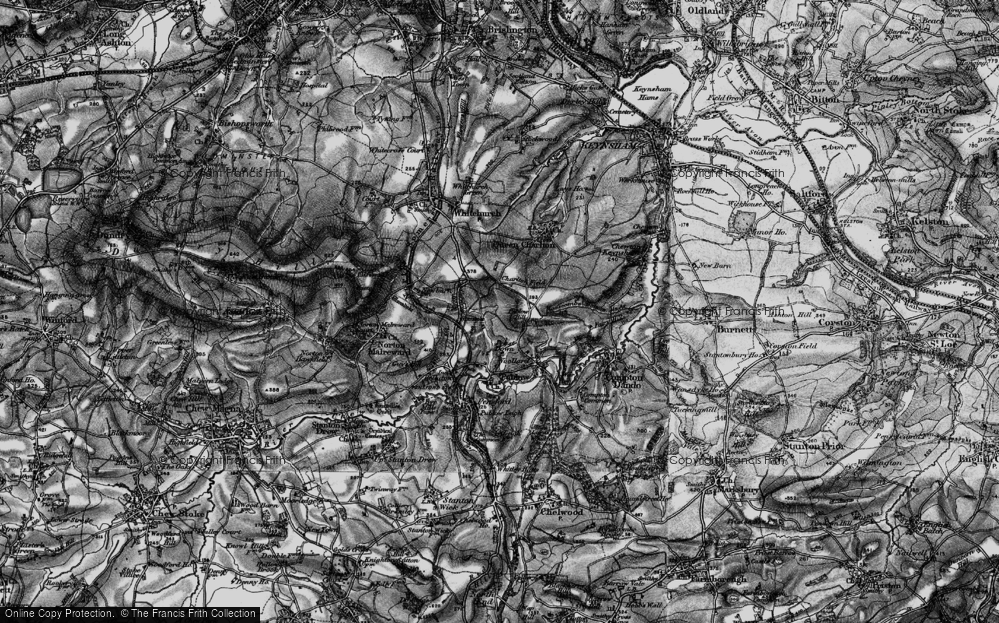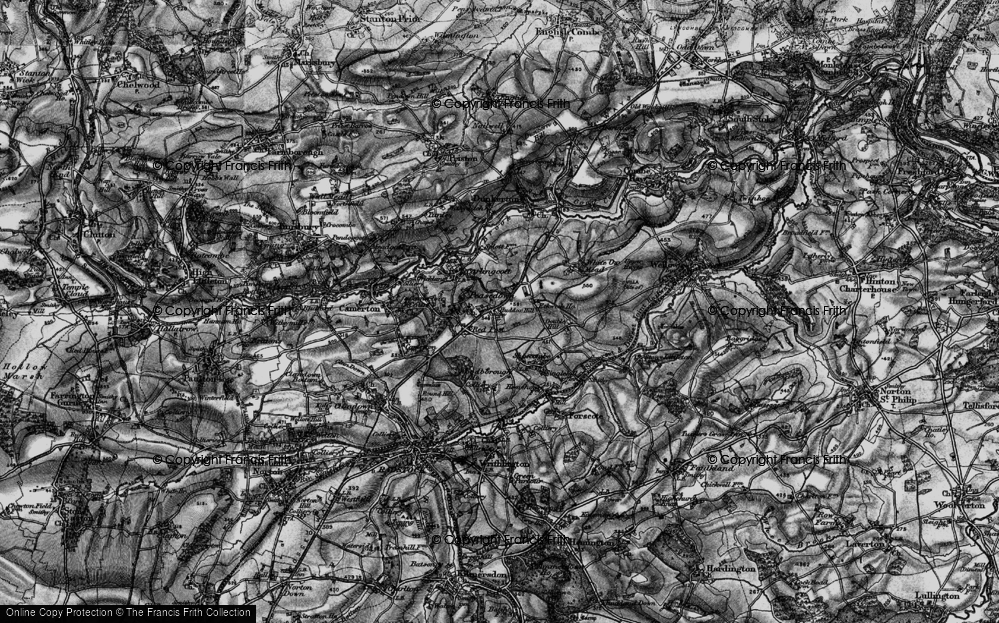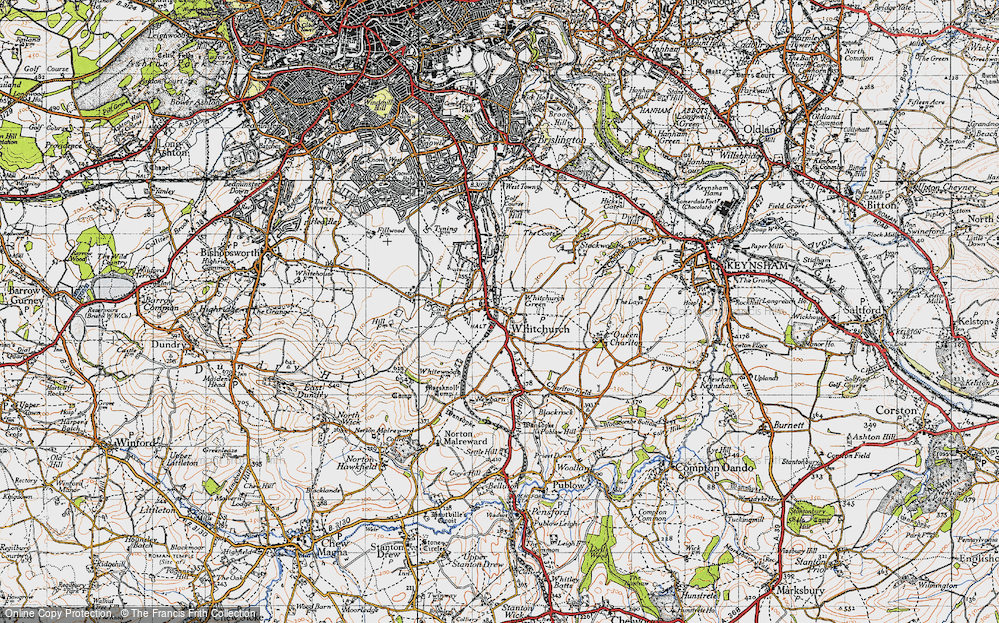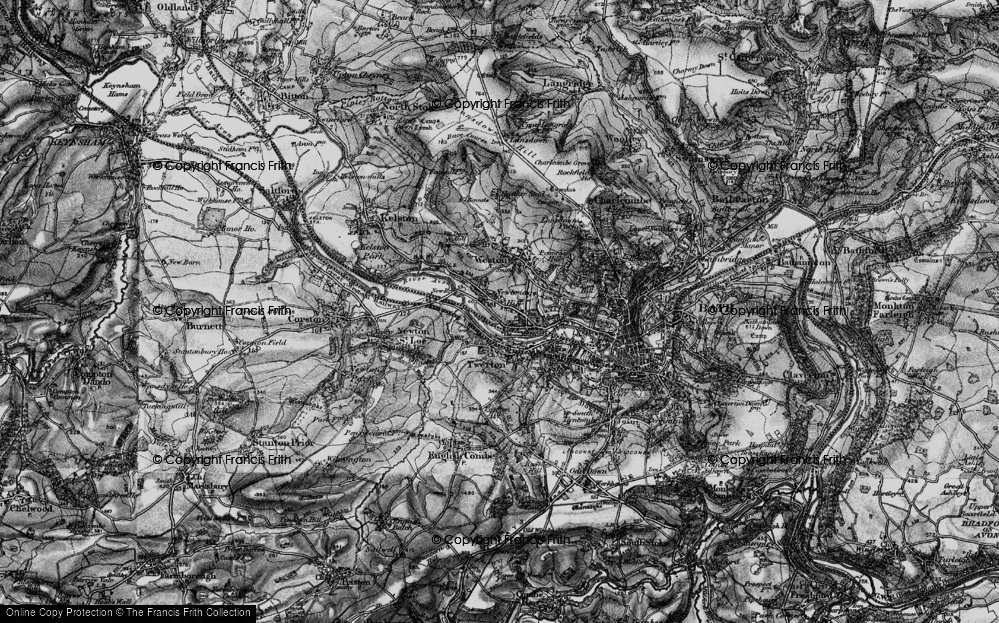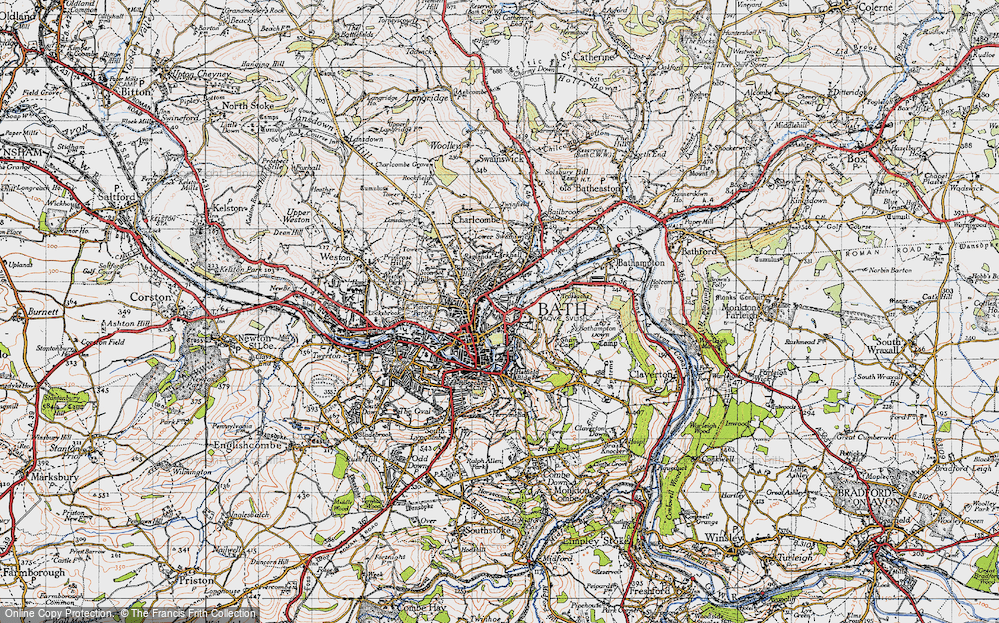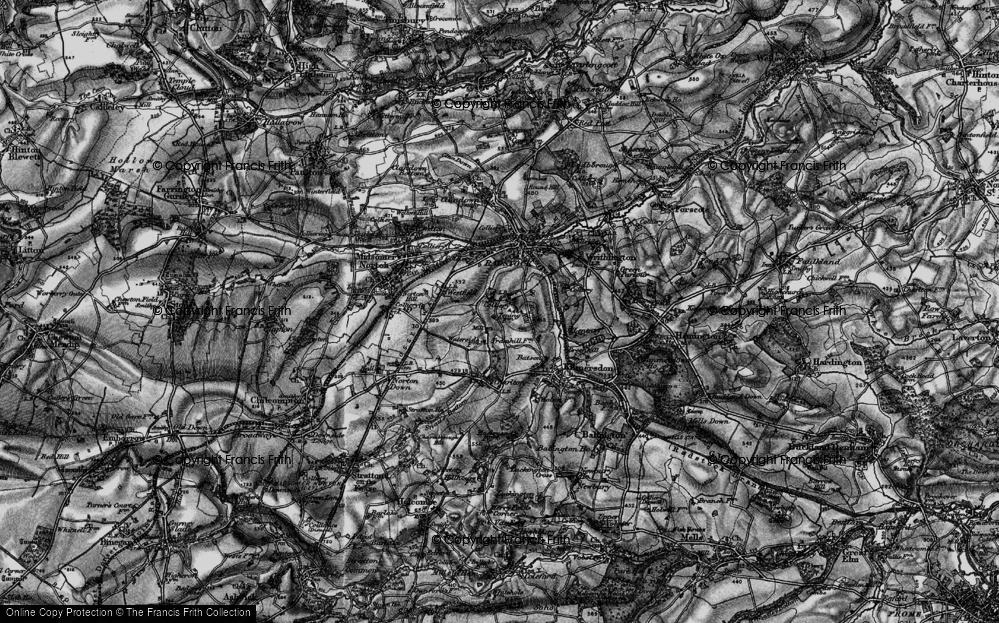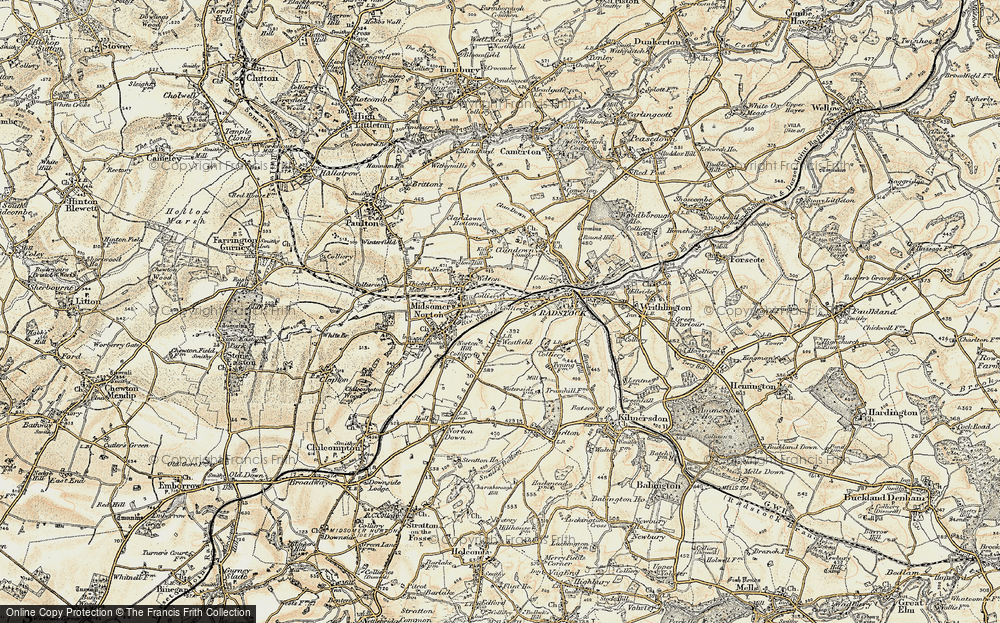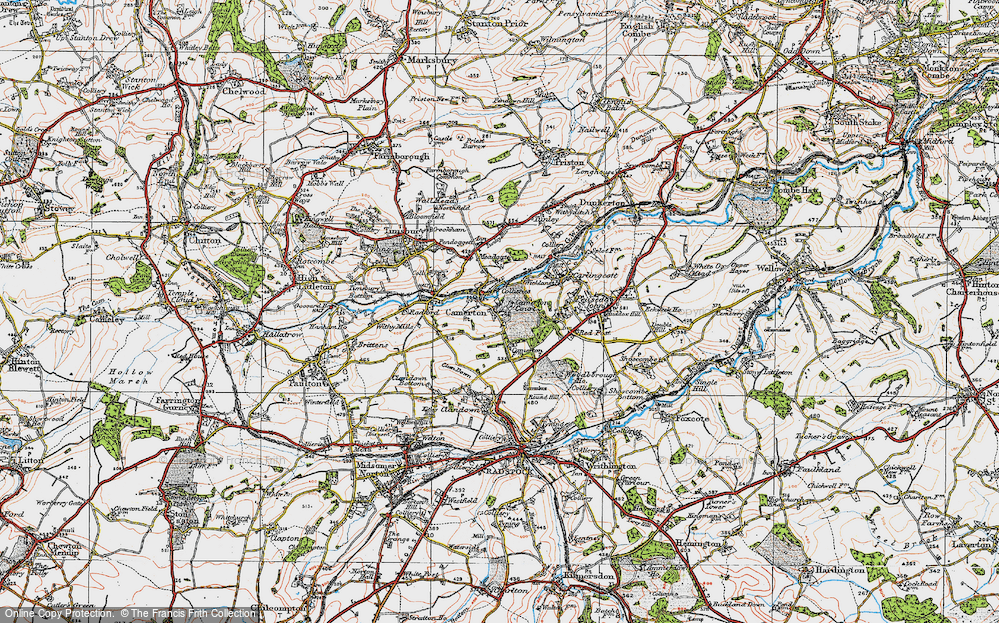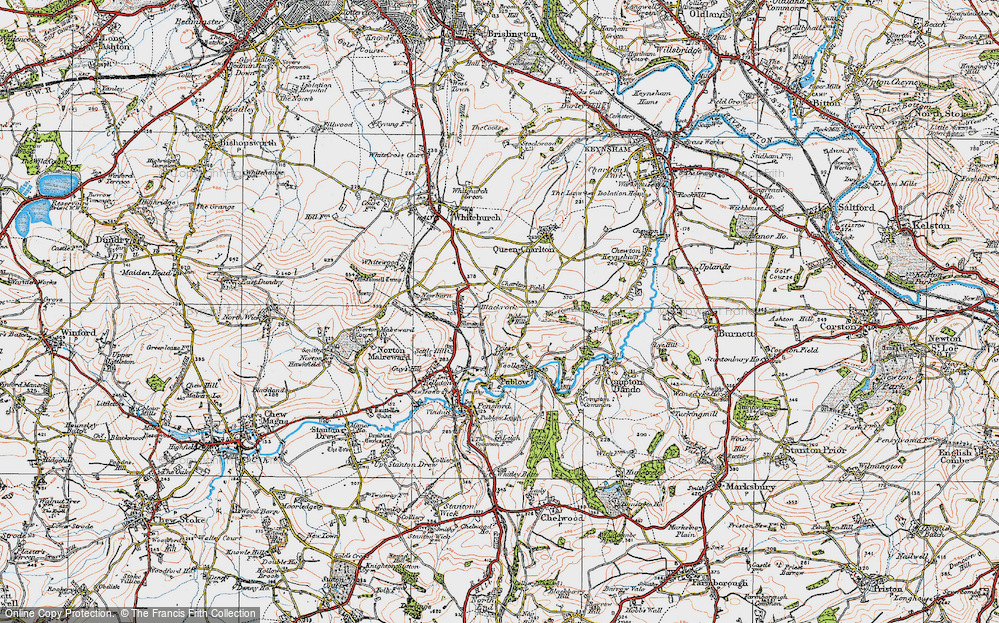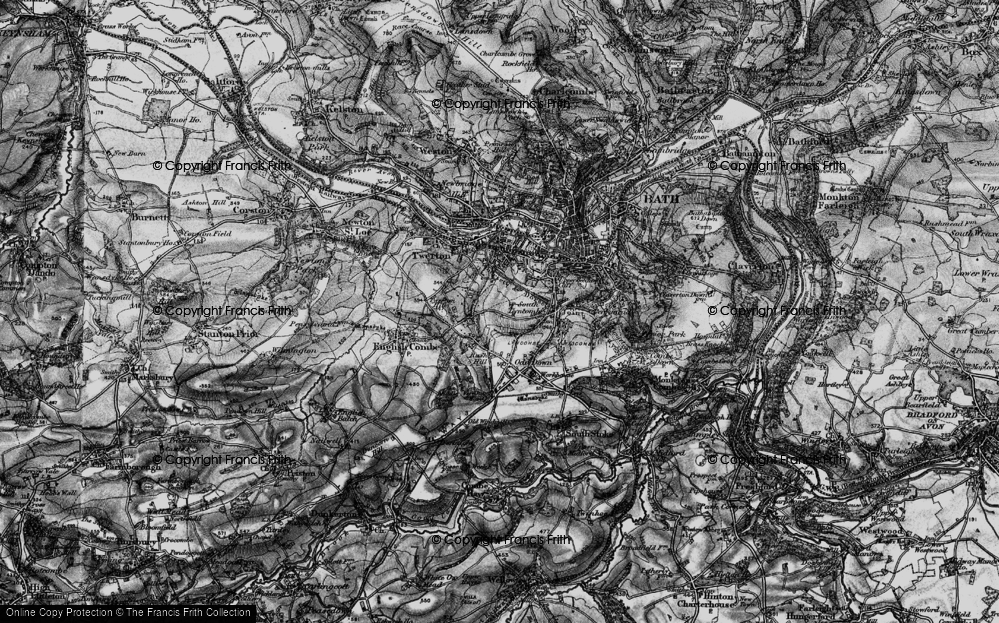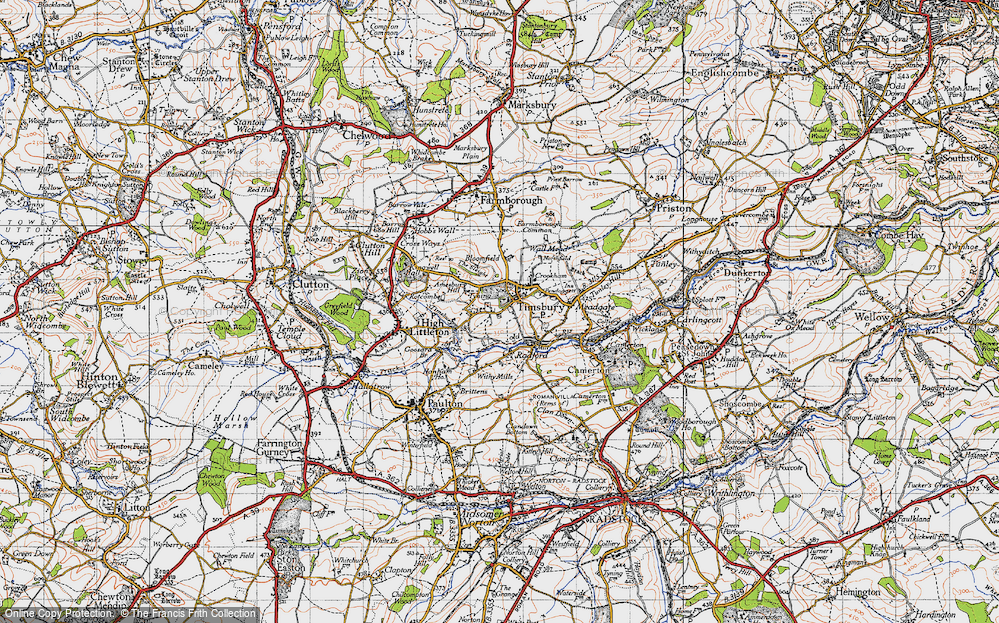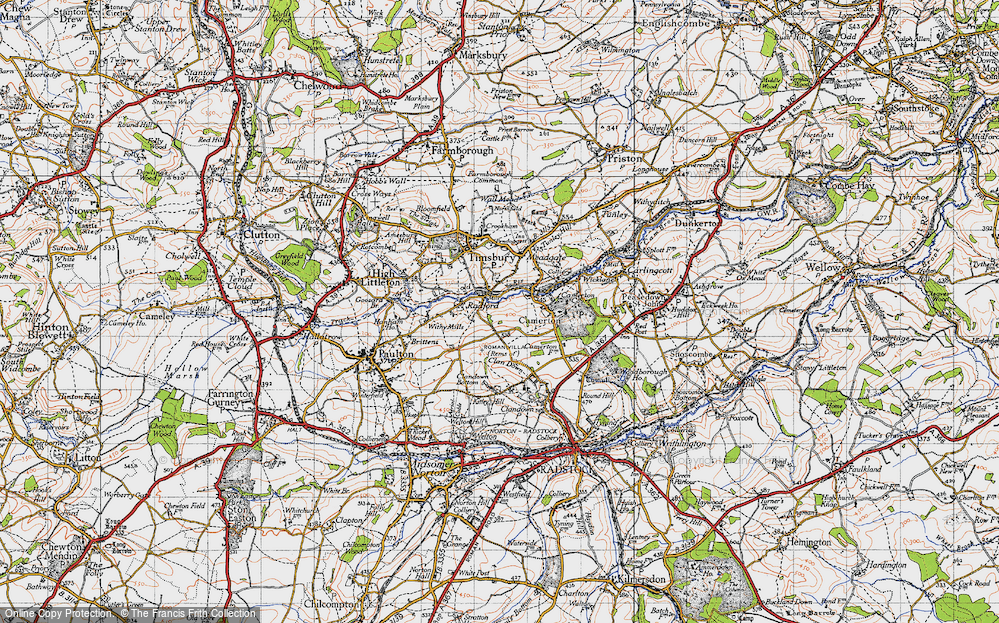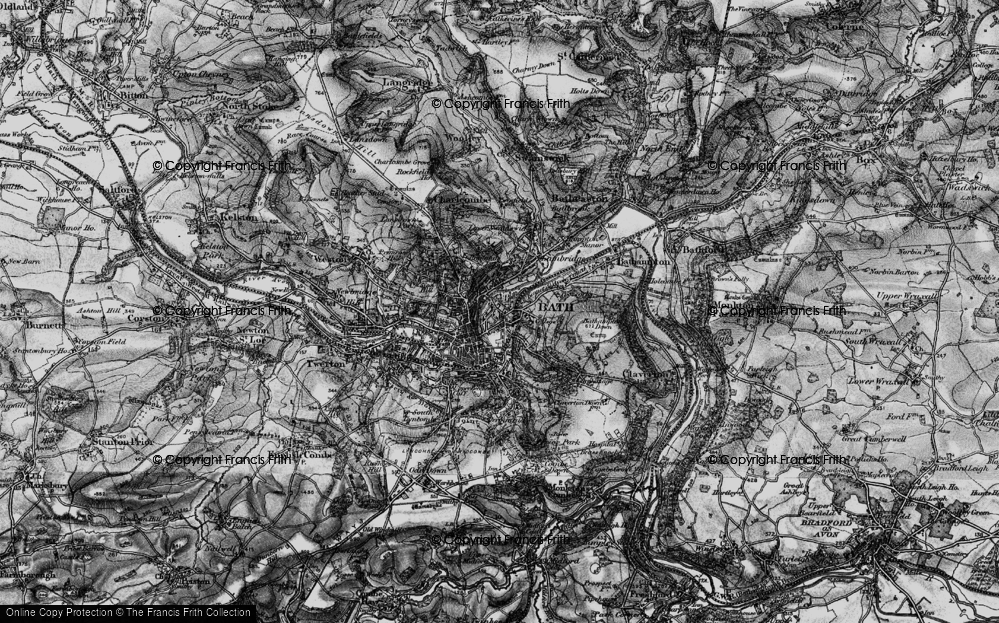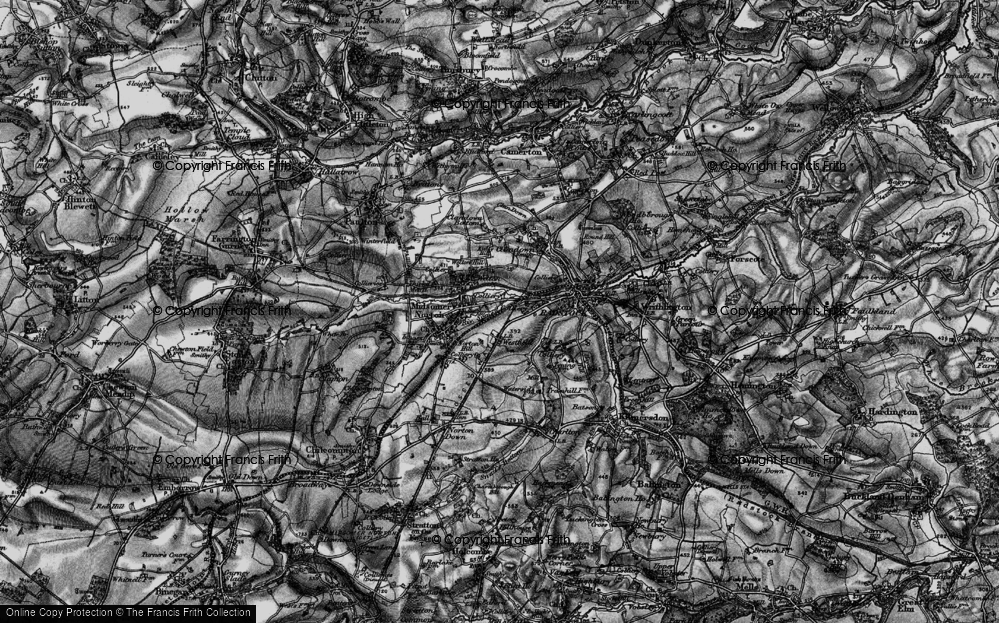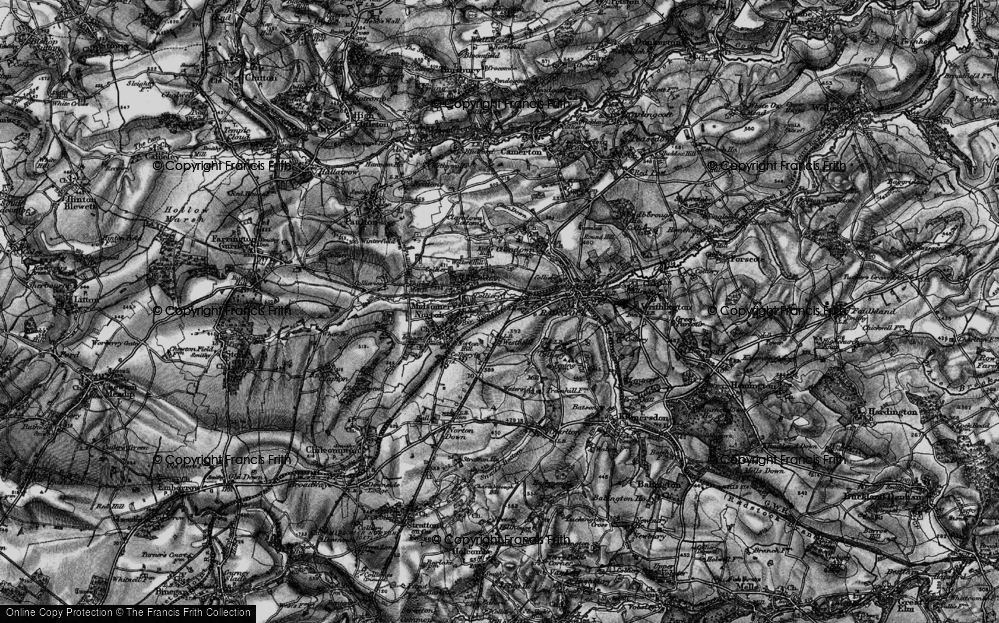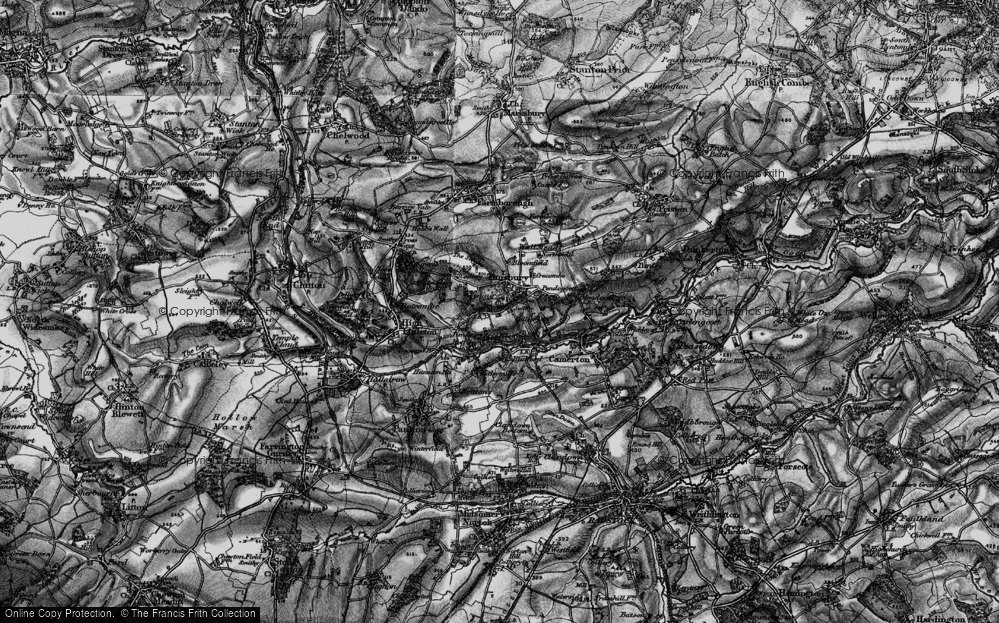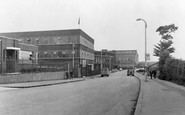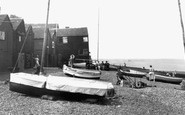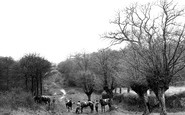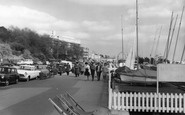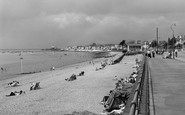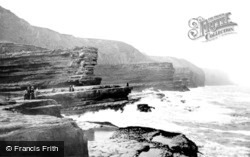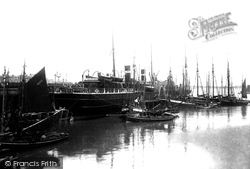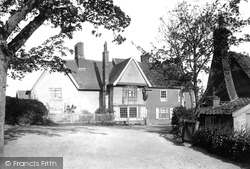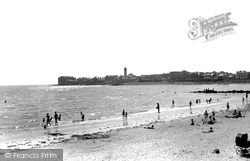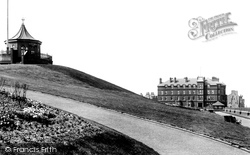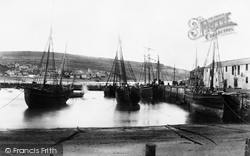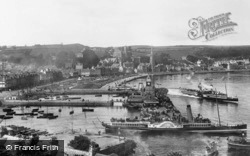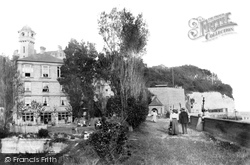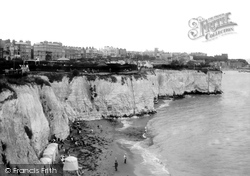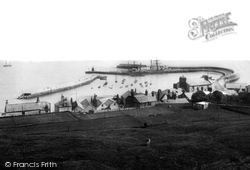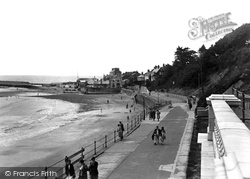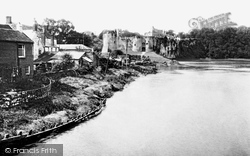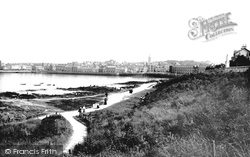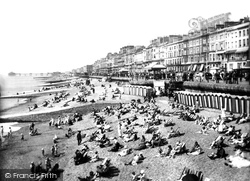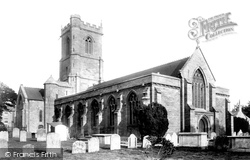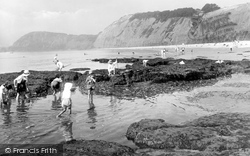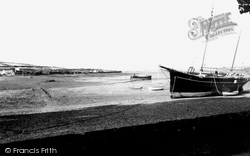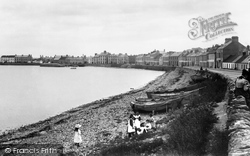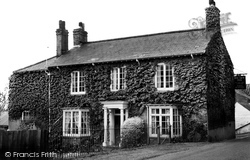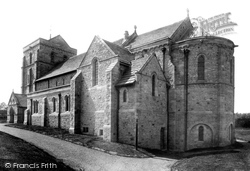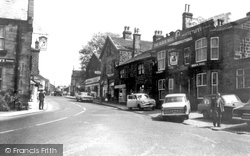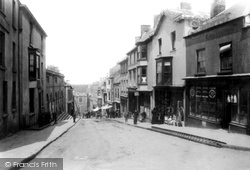Places
Sorry, no places were found that related to your search.
Photos
134 photos found. Showing results 101 to 120.
Maps
896 maps found.
Books
3 books found. Showing results 121 to 3.
Memories
540 memories found. Showing results 51 to 60.
My Golden Years At Stokes Bay
I was born in Gosport in 1929, my father was a long serving seaman in the Royal Navy and so our family life was all things navy - so Stokes Bay was a big part of our lives. I had three elder sisters who were ...Read more
A memory of Stokes Bay by
Best Childhood Ever
I was born in Easington Coliery in December 1940. Grew up in Canada In Dene Avenue. My dad worked At the pit as a wagonwayman in the Hutton Seam. Grandparents were from Cornwall Stret, East.I had a tha best childhood ...Read more
A memory of Easington Colliery by
Wolverhampton Street Community
Wolverhampton Street seemed to almost be a village on its own. There was Burgins and Bytherways newagents, Masseys wet fish shop, Davis's grocers, Smiths greengrocers, Sherratts electrical, Bryans diy, Robinsons ...Read more
A memory of Dudley by
May And Baker (Dagenham East)
The May and Baker factory, close to the railway station at Dagenham East was once one of the largest factories in the area. The company was best known for developing the drug quinine to combat malaria, often simply ...Read more
A memory of Dagenham by
Researching My Family In Pembroke Dock
As a six year old in 1949 I was taken to Pembroke Dock to visit my Grandparents, from whom we were almost estranged. My only memory of the visit is looking out of the upstairs window above their butcher’s ...Read more
A memory of Pembroke Dock by
Northwood Road & Swalecliffe
My mother was 19 when I was born. We were living above The Wool Shop in Swalecliffe, on the corner, opposite the railway bridge I actually have an uncanny memory of that time. I must have been under 2 years old, as we ...Read more
A memory of Whitstable by
Saturday Morning Ride From Lodge Farm Stables, Known As `robinson's'.
I'm on Bess, the pony with the white blaze who is watching the photographer. I' m leaning out of the saddle trying to hide, although we'd agreed to be photographed. We'd met the ...Read more
A memory of Hoddesdon
Peel Street School
My grandmother and her brothers and sisters attended this school as did my mother and moi. I have many memories of the school. Endless games of football in the yard, rain or shine. Two frightening headmistress Lord and Riley. ...Read more
A memory of Cloughfold by
Western Esplanade, Alexandra Y.C. Dinghy Park. A Post Ww2 Facility.
As the classic 18ft long local dayboat classes became more expensive to build and maintain, there was an explosion of smaller, cheaper racing dinghy classes all round the UK, ...Read more
A memory of Southend-on-Sea by
Looking Westwards, Towards Thorpe Hall Boulevard Junction With The Esplanade.
In 2014, across the road there are tennis courts, and from Google Earth it looks like a thriving Sports Centre. If there were tennis courts on that site in 1963, hardly ...Read more
A memory of Thorpe Bay by
Captions
870 captions found. Showing results 121 to 144.
The spectacular rock formation of Filey Brigg at the north end of the bay.
Fleetwood became England's principal fishing port on the west coast with a fleet to rival those of Hull and Grimsby. In this picture there are trawlers and Morecambe Bay prawners.
The original timber building, dating from c1580, has two gables; the brick extension to the right is 19th-century.
A view of one of the beaches which look out over Galway Bay to County Clare and the limestone landscape of the Burren.
Fleetwood's other principal hotel was the Mount. The hotel was built with its front on the promenade, offering guests excellent views of the bay.
Lyme Regis harbour, or the Cobb, was once a seafaring settlement separate from the old town.
Rothesay is the county town on the eastern side of the Island of Bute, in an ideal location in the sheltered 'sweet Rothesay Bay', to quote the popular song.
Here we have a wonderful picture of this peaceful seaside resort; the distinctive large hotel on the left is still there. Otherwise, Pegwell Bay has seen some changes.
The low white cliffs at Broadstairs shelter this bay, and people are making use of the tents on the beach to change for a dip in the sea.
Its buildings range from Bay Cottage (near left), the Royal Standard, Sunnyholme, the Bonded Store, and the Coastguard Station to the old Cobb Arms (right).
Cobb hamlet is sandwiched between Cobb harbour (left) and the somewhat landslipped Langmoor Gardens (right). The Old Bonded Store and Bay Cottage (centre) can be clearly seen.
The Wye has long been famous for its salmon fishing, as records going back to the 10th century show. It has been controlled over the years in an effort to conserve stocks.
Fleetwood became England's principal fishing port on the west coast with a fleet to rival those of Hull and Grimsby. In this picture there are trawlers and Morecambe Bay prawners.
Fleetwood was founded in 1836 by Sir Peter Hesketh-Fleetwood, and laid out to the designs of Decimus Burton, who designed the North Euston Hotel, Queen's Terrace and both lighthouses.
Another fine view of the bay, showing the town crowding down to the waterfront and the townsfolk taking a stroll. The marina and Pickie Fun Park now occupy this part of the waterfront.
On a clear day, Eastbourne may be seen to the west across Pevensey Bay from Hastings Pier and the sea front. To the east are clear views to the broad peninsula of Dungeness.
This is St Mary's Parish Church, seen from the north-west, showing the two bays of the nave and aisles extended in 1860 (right).
Rock-pooling has always been one of the joys of a seaside holiday, and these children are obviously enjoying themselves.
On this southern arm of the Haven, Angle Bay boasts fine views right across the Milford Haven. There are several beached boats, the first complete with tender.
A view looking south round the sweep of the bay to the little harbour, once used by the mail boats to Portpatrick in Wigtownshire. Boats are drawn up on the pebbled beach, where girls are playing.
The front of this charming Georgian house, with its bay windows and portico at the front door, is now obscured by the addition of a single-storey annexe which provides a riverside eating area for customers
Local people believe that Flookburgh got its name from the fluke, a fish caught in Morecambe Bay, and a representation of one is on the weather vane.
Instead of horses and carts, cars now clog the pavement outside the Black Bull.
Taken from the junction of Market Street and Upper Market Street looking down towards the High Street. The arched building on the left is presently a building site.
Places (0)
Photos (134)
Memories (540)
Books (3)
Maps (896)


